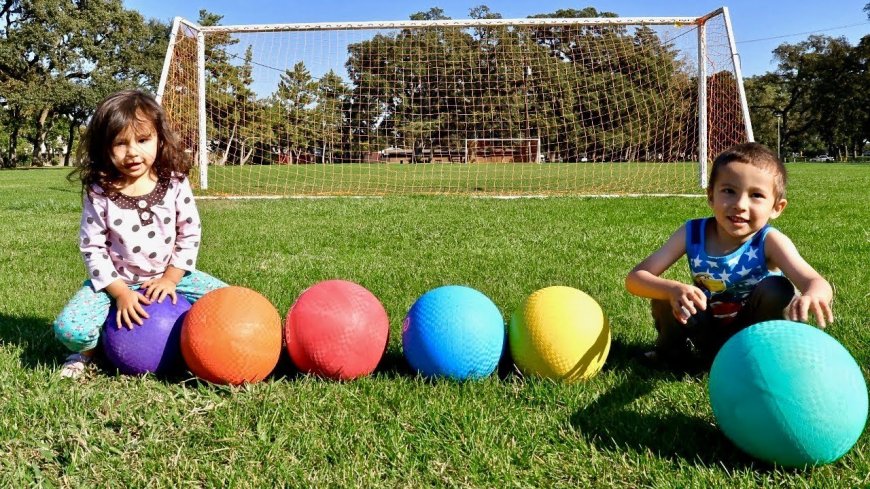How to Balance Online Learning and Playtime for Kids
Learn how to balance online learning and playtime effectively, ensuring your child's development and well-being with these practical tips.

In today’s world, online learning has become an essential part of a child’s education.
But as screen time increases, so does the challenge of balancing studies with play. Parents often wonder how they can ensure their children learn effectively while still having enough time for physical activities and fun. The key is to find a healthy balance between the two. Here are 10 practical ways to help parents manage this balance without compromising either learning or playtime.
1. Create a Daily Routine
A well-structured routine is essential. Plan out the day by allocating specific times for online learning and playtime. This helps children understand that both are important and have their place in the day.
2. Set Clear Boundaries
It’s important to set boundaries for screen time. Make sure that online learning doesn’t stretch into playtime. When study time ends, make it clear that it’s time for other activities, whether it's playing indoors or heading outside.
3. Incorporate Breaks
Breaks between learning sessions can boost productivity and focus. After each learning session, let your child have a short break to relax or play. This helps avoid fatigue and keeps their energy levels up.
4. Encourage Outdoor Play
Physical activity is essential for a child’s development. After schoolwork is done, encourage them to play outdoors. Running, cycling, or any kind of physical exercise helps them burn off energy and refresh their minds.
5. Use Play as a Learning Tool
Make learning fun by incorporating educational games into playtime. Interactive games that focus on problem-solving, creativity, and critical thinking can enhance learning while still feeling like play.
6. Limit Non-Educational Screen Time
While online learning requires screen time, try to limit additional screen time during play. Encourage other activities that don’t involve gadgets, like reading, drawing, or playing board games.
7. Set Goals and Rewards
Motivate your child by setting small learning goals with rewards. If they complete their online lessons on time, they can earn extra playtime or other rewards. This helps them stay focused on learning while looking forward to play.
8. Be Flexible
Understand that some days may not go as planned. If your child needs more time for a lesson or wants an extra hour of play, be flexible. Balance doesn’t have to be rigid.
9. Engage in Play with Your Child
Sometimes, joining your child during playtime can enhance their enjoyment. Whether it’s a simple game of catch or a board game, spending time with your child strengthens bonds and shows that play is valued.
10. Ensure Proper Sleep
A well-rested child is more productive and balanced. Make sure your child gets enough sleep every night, so they have the energy for both learning and play.
Balancing online learning with playtime may take some time and adjustments, but with careful planning and a bit of flexibility, both can coexist harmoniously. Play is just as important as learning, as it helps children grow both mentally and physically. By implementing these tips, you can ensure your child enjoys the best of both worlds.




























